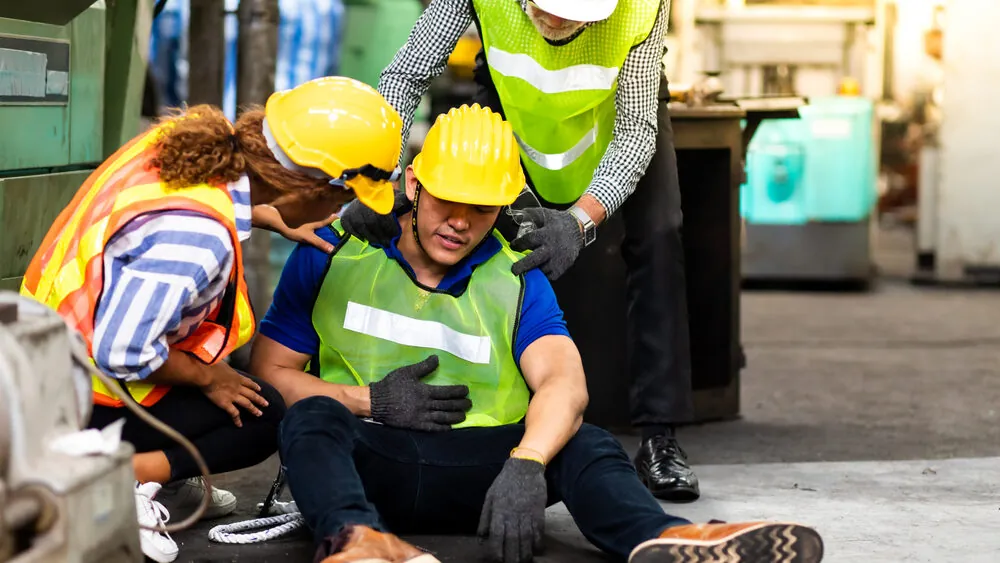Owning a vessel or working offshore comes with unique responsibilities and risks, making legal representation essential in case of an accident. The world of offshore accidents can be complex and overwhelming, involving specialized laws, multiple parties, and significant financial stakes. This guide simplifies these complexities and helps you understand how an offshore accident lawyer can support you in such situations.
What is an Offshore Accident Lawyer?
An offshore accident lawyer specializes in maritime law, focusing on legal cases related to injuries or accidents that occur on navigable waters, offshore platforms, or during maritime work. These professionals understand the intricacies of laws like the Jones Act, Longshore and Harbor Workers’ Compensation Act (LHWCA), and general maritime law.
Their role includes:
- Legal Representation: Advocating for injured workers or seamen in claims against employers, vessel owners, or other liable parties.
- Compensation Claims: Helping recover damages for medical expenses, lost wages, pain and suffering, and other related costs.
- Navigating Complex Laws: Interpreting and applying maritime statutes to ensure your rights are protected.
Common Offshore Accidents
Offshore work environments are inherently dangerous, often involving heavy machinery, unpredictable weather, and hazardous materials. Here are some common types of offshore accidents:
- Slip and Falls: Wet decks or uneven surfaces can lead to severe injuries.
- Equipment Failures: Faulty machinery or poor maintenance often results in workplace accidents.
- Explosions or Fires: Common on oil rigs and platforms, these can cause catastrophic injuries.
- Vessel Collisions: Accidents involving boats, barges, or other vessels are prevalent in offshore work.
- Diving Accidents: For those involved in underwater work, risks like decompression sickness or equipment failures are significant.
Why Hire an Offshore Accident Lawyer?
- Expertise in Maritime Law: Offshore accidents often fall under specific legal frameworks. An experienced lawyer ensures your case is handled correctly.
- Maximized Compensation: A lawyer evaluates the full extent of damages, ensuring you receive fair compensation for all losses.
- Investigation and Evidence: They can conduct thorough investigations, gather evidence, and work with experts to build a strong case.
- Negotiation with Insurers: Insurance companies often attempt to minimize payouts; a lawyer ensures you aren’t shortchanged.
- Trial Representation: If your case goes to court, a skilled lawyer represents your interests effectively.
Steps to Take After an Offshore Accident
- Seek Immediate Medical Attention: Your health and safety come first. Prompt medical documentation also strengthens your case.
- Report the Incident: Notify your employer or supervisor and ensure the accident is officially recorded.
- Document Everything: Take photos, gather witness statements, and keep records of medical treatments.
- Avoid Signing Documents: Don’t sign any statements or agreements without consulting a lawyer.
- Consult an Offshore Accident Lawyer: Early legal advice can make a significant difference in the outcome of your claim.
Choosing the Right Offshore Accident Lawyer
When selecting an offshore accident lawyer, consider the following factors:
- Experience: Choose someone with a proven track record in maritime law and offshore cases.
- Client Testimonials: Look for reviews or references from previous clients.
- Resources: Ensure the lawyer has access to expert witnesses, investigators, and other resources.
- Communication: A good lawyer keeps you informed and prioritizes your needs.
Navigating the legal aftermath of an offshore accident can be daunting, but the right lawyer ensures your rights are upheld and your losses compensated. Take the first step toward justice by seeking professional legal support tailored to your unique case.





